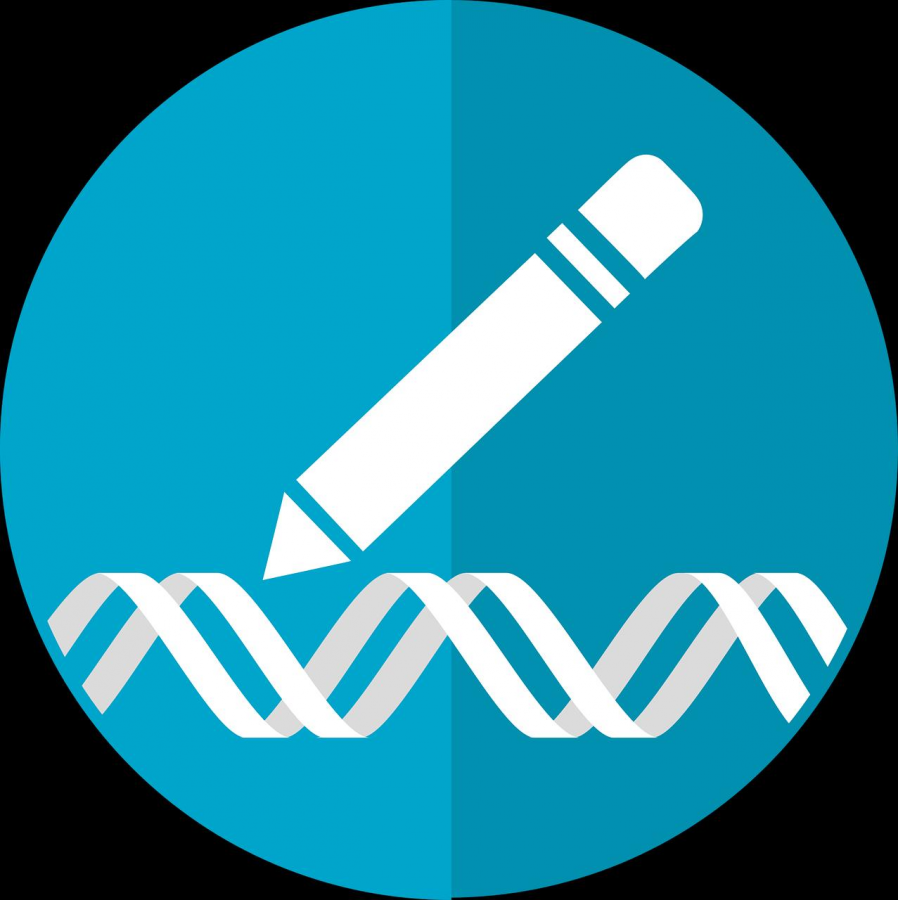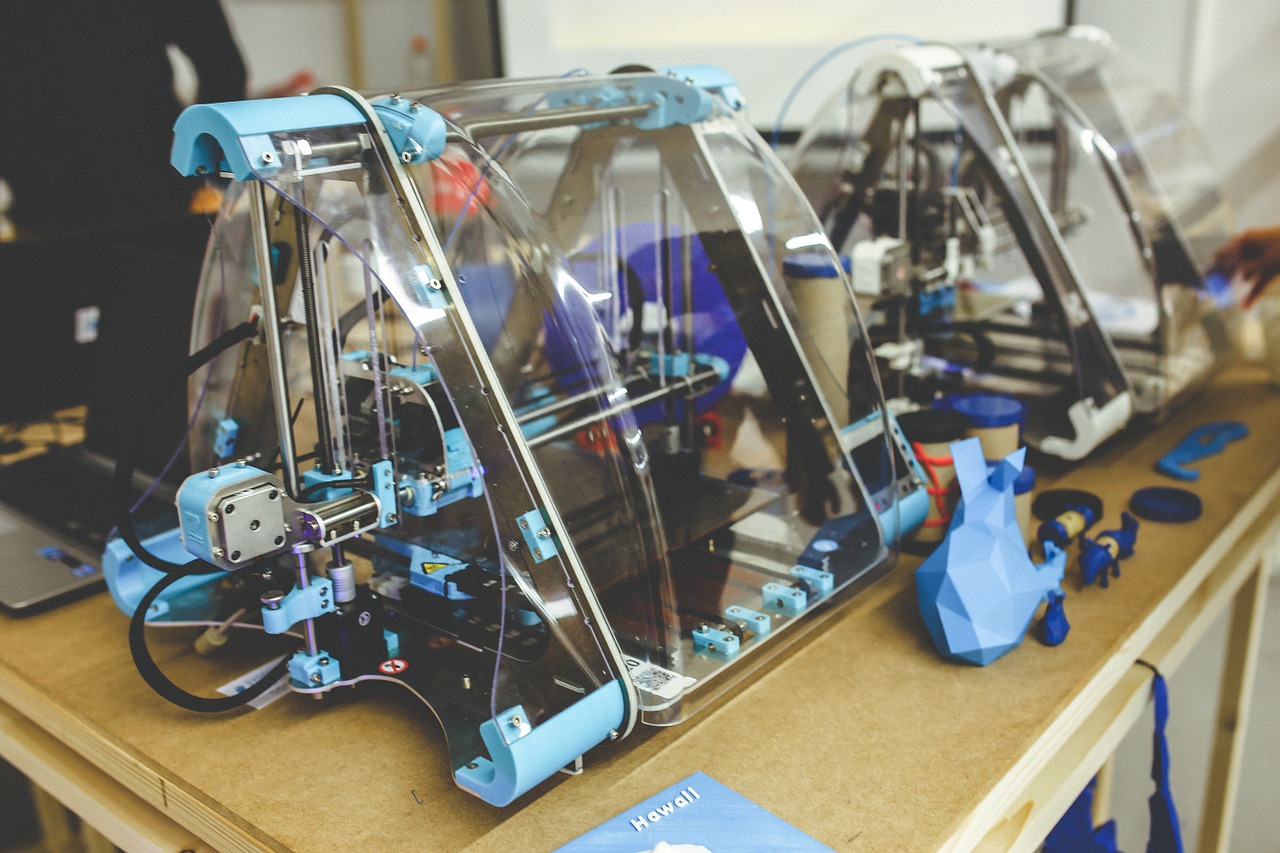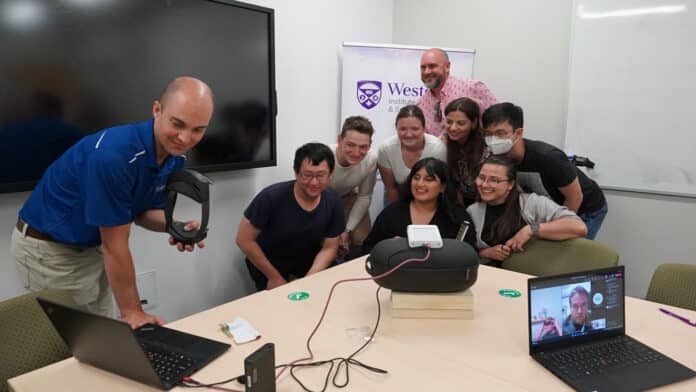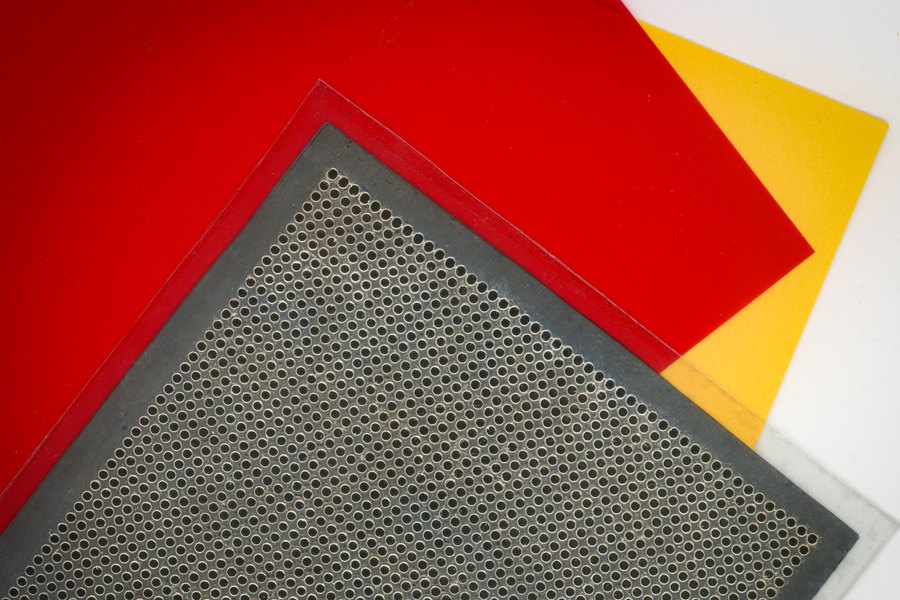In a big breakthrough, scientists have successfully edited the DNA of human embryos to free them of a piece of faulty DNA that is responsible for inherited heart conditions.
Research paves the way for preventing a list of inherited diseases.
In this landmark study, researchers from the U.S. and South Korea demonstrated how they used CRISPR technology (a powerful tool for editing DNA) to successfully edit a human embryo by completely removing a faulty piece of DNA introduced by one of the parents at conception.
Anyone carrying a faulty copy of a gene called MYBPC3 has a 50 percent chance of passing it on to their children. However, editing the DNA removes the risk. Once the DNA is altered, it will not only protect one baby from inheriting heart disease but his or her offspring, as well.
Shoukhrat Mitalipov, who worked on this study, said, “Every generation on would carry this repair because we’ve removed the disease-causing gene variant from that family’s lineage. By using this technique, it’s possible to reduce the burden of this heritable disease on the family and eventually the human population.”
Although the research sounds very promising, it is still in its early stages and is not ready to be tried in a pregnancy.







